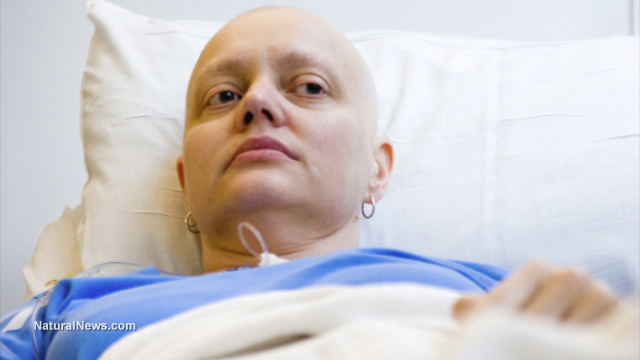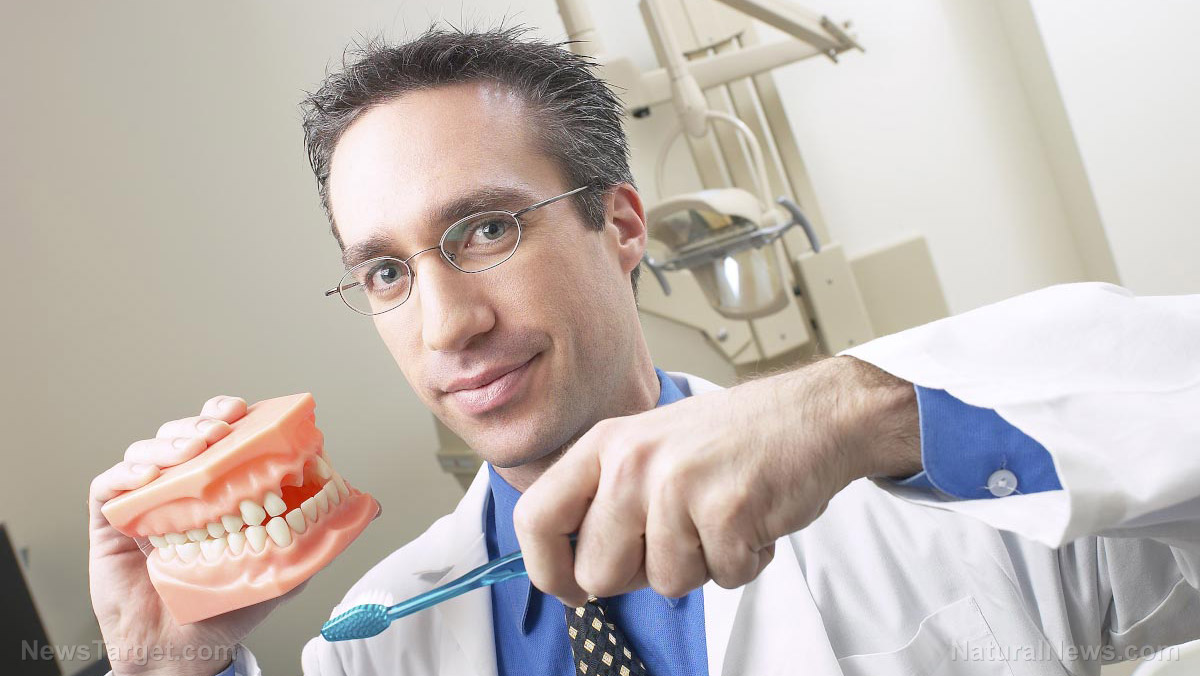
Some research even shows that chemo spreads cancer, instead of stopping it. The toxicity of chemotherapy is well documented; scientists have known for years that a number of chemo drugs are actually carcinogenic themselves.
Even the American Cancer Society admits that cancers caused by chemotherapy are often even harder to treat than the original cancer. Combine that with the plague of fake cancer diagnoses peddled by shameless, profit-seeking "doctors," and it's clear that conventional cancer treatment is less about curing patients and more about making money.
Study finds chemo is worthless for many patients
Research published in JAMA Oncology shows that for many patients, chemotherapy isn't just inconvenient -- it's immensely damaging to quality of life and offers no significant benefits to overall survival.
The pitfalls of chemo are most evident in patients with end-stage cancers. Though many proponents of the cancer industry claim that administering chemo to terminal patients can be "beneficial" for prolonging life and reducing symptoms, the evidence by and large indicates that the administration of chemotherapy during end-of-life care is actually detrimental.
Given the bevvy of debilitating side effects associated with this "treatment," it should come as no surprise that chemotherapy is not fit for use in palliative care.
The study authors state that "chemotherapy appears to contribute directly to worse QOD [quality of life near death], presumably through adverse and toxic effects that impair the QOL [quality of life] of those who are initially feeling well."
Lead researcher Dr. Holly Prigerson commented further that cancer patients who feel good "have the most to lose and the least to gain" from chemotherapy.
Prigerson and her team also found that, in addition to worsening QOL, chemotherapy did not influence patient longevity in their study. They found that patients given chemo were no more likely to survive any longer than patients who were not.
As Prigerson notes further, end-stage cancer patients are actually more likely to be prescribed chemo. The fact that chemo is doing these patients a disservice should not be taken lightly -- especially when you consider the stats on death from chemotherapy.
Chemo hurts more than just cells
The side effects of chemotherapy are seemingly endless: Loss of appetite, nausea, vomiting, diarrhea, bleeding, edema, hair loss, fatigue, infections, neutropenia, and pain -- just to name a few. It can also cause cancer to spread and metastasize.
One of the most horrific, yet under-recognized, side effects of chemotherapy is death. While the corrupt pharmaceutical industry and their professional puppets in medicine are loath to admit it, a number of studies have indicated that chemotherapy can, and does, cause early death in cancer patients.
In 2016, researchers revealed that, in some hospitals, chemotherapy was responsible for over 50 percent of deaths in cancer patients.
Ten years prior, in 2006, a separate study found that at least 7.5 percent of cancer patient deaths are due to chemo treatment.
It is worth noting that in both studies, only patient deaths from within the first 30 days of chemo treatment are included for analyses. According to the scientists, the 30-day mark is used because it indicates treatment as the cause instead of disease progression.
But the idea death due to chemo can only occur within the first 30 days is, of course, patently false. It's not like your body knows it isn't supposed to suddenly die from treatment on day 31 -- but the cancer industry doesn't want patients to know that.
See more coverage of the latest cancer scams and more at Chemo.news.
Sources for this article include:
Please contact us for more information.






















